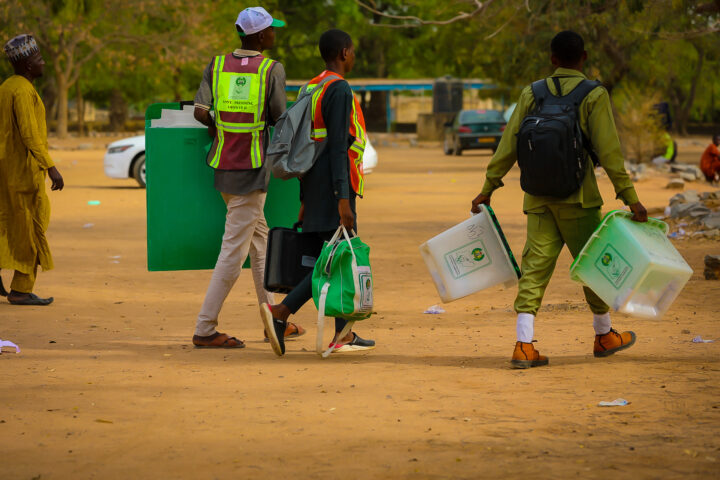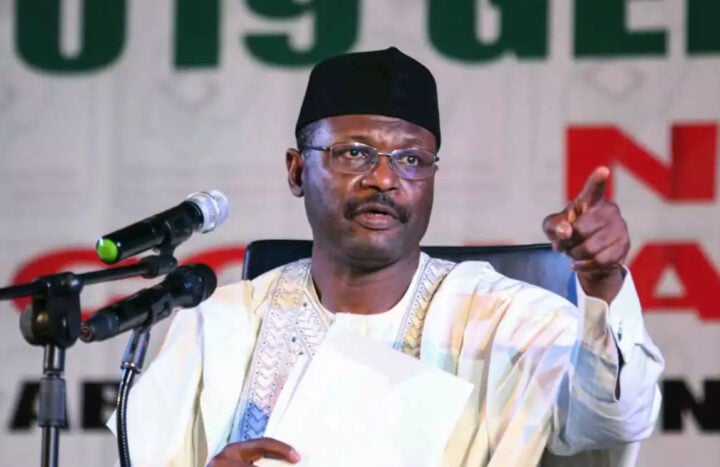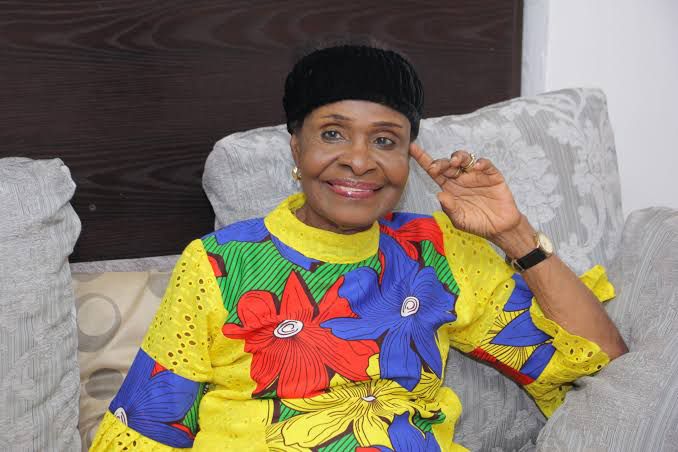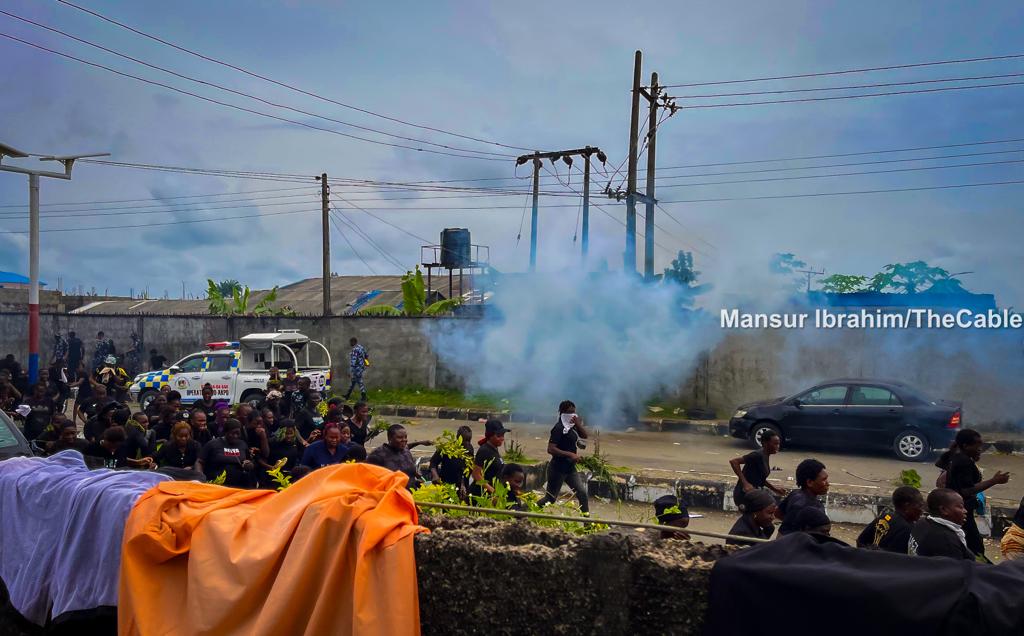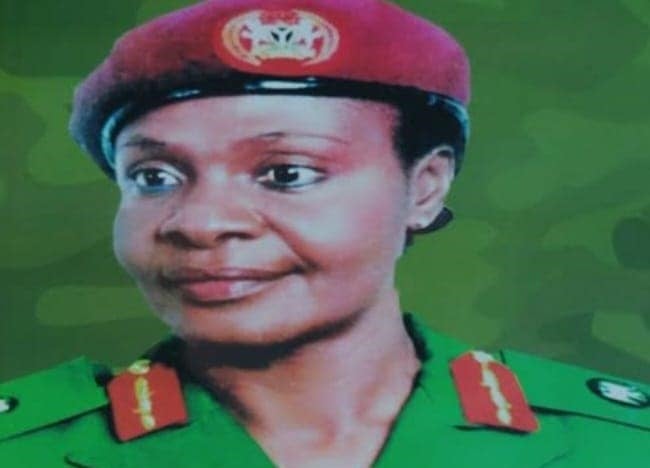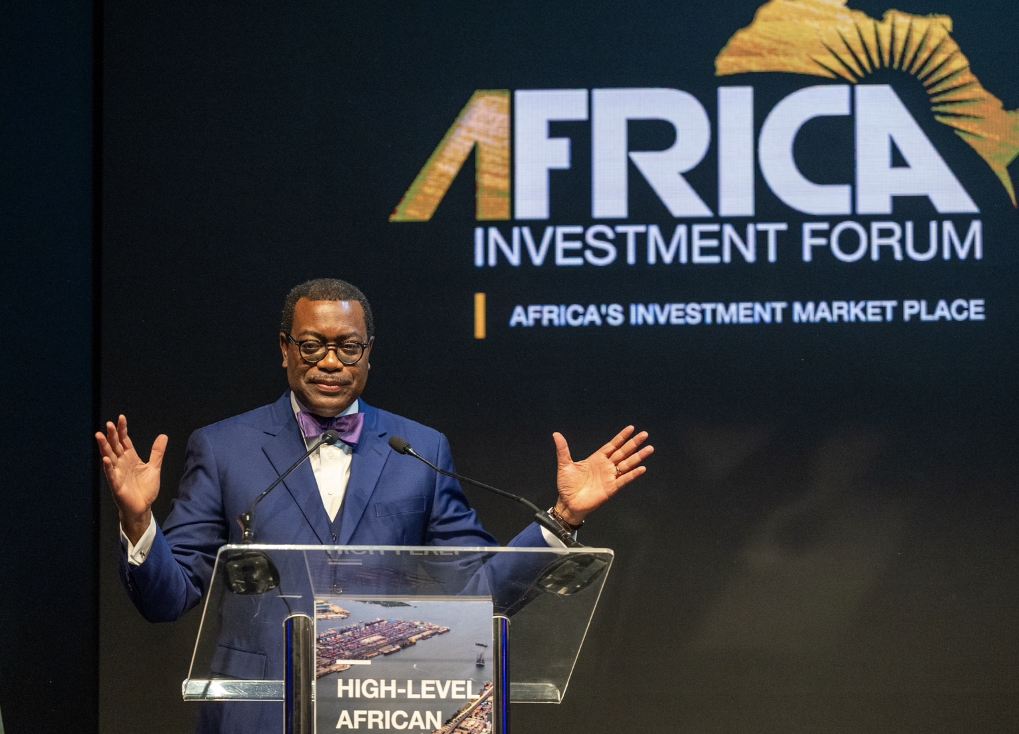Election
Following the return of democracy in 1999, states conducted their elections simultaneously until 2006. Peter Obi, then of the All Progressives Grand Alliance (APGA), was sworn in as governor after contesting the result of the 2003 Anambra election that favoured Chris Ngige, then of the Peoples Democratic Party (PDP). While gubernatorial elections in the state now take place in odd years and will next be held in 2025, other states have since joined the “off-cyle collective” as courts overturned more electoral victories.
After PDP’s Timipre Sylva was declared governor of Bayelsa in 2007, Ebitimi Amgbare of the Action Congress of Nigeria (ACN) was dissatisfied and challenged the election result before the tribunal. However, the ACN candidate lost his case. Amgbare went ahead to petition the court of appeal, which mandated the Independent National Electoral Commission (INEC) to organise a fresh poll in the state in 2008. Again, Sylva won and was elected governor, disrupting the state’s election calendar.
Kogi followed a similar route. In 2007, Ibrahim Idris of the PDP was declared the winner of the gubernatorial election. Abubakar Audu of the All Nigeria Peoples Party (ANPP), Idris’ main opponent, petitioned the state election tribunal to challenge the victory, claiming his name had been improperly left off the list of candidates meant to run for office. He took the case all the way to the appeal court. The election was nullified, leading to the conduct of a fresh election. Idris won re-election as Kogi governor on March 29, 2008.
Imo, on the other hand, is the most recent addition to the collective (which also includes Edo, Osun, Ekiti and Ondo). In 2019, the legal tussle between Hope Uzodinma of the APC and PDP’s Emeka Ihedioha moved from the election tribunal to the supreme court. Uzodinma contested Ihedioha’s victory and was later inaugurated as governor on January 14, 2020.
Advertisement
As INEC prepares for the off-cycle governorship elections in Bayelsa, Imo, and Kogi on Saturday, TheCable analyses the potential for voter apathy given the reports and history of violence in the states.
‘APC AND OPPOSITION PARTIES IN IMO ARE DESPERATE’
With 2.41 million registered voters, Imo stands out as the state with the highest number of eligible voters in the south-east. However, it is unlikely that such a high figure would translate to the votes that the gubernatorial candidates are seeking.
The failure of the state government to deal with the rising insecurity fuelled by the activities of armed men aligned with the Indigenous People of Biafra (IPOB), the proscribed separatist terror group, may hurt the first-ever off-cycle election in Imo.
Advertisement
Ifeanyi Iheakanwa, a journalist in the state, said the chances of voter apathy are high owing to two major factors: insecurity and a lack of trust in INEC.
“There will certainly be voter apathy because of two reasons: the people may not want to risk their lives coming out to exercise their franchise, especially in crisis-ridden areas of Orsu, Orlu, Oru-east, Okigwe, Ehime-Mbano, etc., where several cases of killings, kidnappings, arson, and other vices have been recorded,” Iheakanwa told TheCable.
“Secondly, the people believe that the electoral umpire is compromised and will eventually do the bidding of the ruling party by declaring the APC winner of the election. For this reason, they would not want to waste their precious time coming to vote.”
Last week, IPOB warned political actors against rigging the Imo state governorship election.
Advertisement
The separatist group said although it “does not get involved” in elections, it “won’t be silent” and watch “corrupt” stakeholders “perpetuate evil” in the state and south-east.
“The truth is that if the election is compromised at the end of the day, insecurity in Imo will be doubled,” Iheakanwa added.
“The people only want the right thing to be done… their votes to count. Anything short of this may lead to violence in the state.”
During INEC’s meeting with stakeholders on Tuesday, opposition parties said they would not accept the outcome of any election conducted by Sylva Agu, the current Imo resident electoral commissioner (REC).
Advertisement
The stakeholders asked Mahmood Yakubu, INEC chairperson, to borrow a leaf from Kayode Egbetokun, inspector-general of police, who, “in the interest of transparency and neutrality”, redeployed Mohammed Barde, the state commissioner of police. Barde had been accused of dancing to the tune of the government in the last general election.
With Uzodinma hoping to clinch a second term in office and PDP’s Samuel Anyanwu and Sathan Achonu of the Labour Party (LP) trying to wrestle power from him, Imo appears to be on tenterhooks ahead of the elections.
Advertisement
BAYELSA’S HISTORY OF ELECTORAL VIOLENCE
Over the years, Bayelsa has recorded cases of armed thugs perpetrating violence during elections in the Nembe, Brass, Ekeremor, and Southern Ijaw areas of the state.
During the general election, INEC postponed voting in 141 polling units in the state after the processes were interrupted by thugs. The National Youth Service Corps (NYSC) members said they were afraid of conducting elections at the affected polling units.
Advertisement
As the off-cycle election nears, the state’s traditional rulers council said they have received intelligence of politically orchestrated violence in different areas of the state.
“We do not think that law enforcement should allow political actors to violate all the laws of the land and walk away free in the name of politics. We have seen acts of violence meted out to Bayelsa people in other election seasons in this state, and the perpetrators walked away free. We hope it does not repeat in this season,” the monarchs warned in a statement.
Advertisement
Sylva, candidate of the APC, and Douye Diri of the PDP, the incumbent governor seeking a second term, have accused each other of sponsoring violence ahead of the polls.
However, stakeholders have assured full collaboration between security agencies to ensure that citizens participate in the electoral process.
In an interview on Thursday, Obo Effanga, Bayelsa REC, said the police are aware of areas to intensify protection during the governorship election and assured that adequate security would be provided.
But is his assurance enough to guarantee a high turnout?
KOGI MARKED AS VIOLENT HOTSPOT
In March, a Nextier report listed Kogi as one of the states with a propensity for electoral violence based on historical evidence and the existing security situation.
After the general election in March, 100 INEC staff and an ad hoc official were reported to have been abducted in the state.
A few months later, Muritala Ajaka, governorship candidate of the Social Democratic Party (SDP), was said to have escaped assassination after his convoy was attacked by gunmen. In July, the same candidate’s campaign office was attacked twice.
Ajaka has repeatedly accused the incumbent governor, Yahaya Bello, of unleashing violence on him and his supporters because of his “desperation” to impose Ahmed Ododo, APC candidate, on the state. Bello’s convoy was also recently “attacked”, with some aides of the governor reportedly injured.
The seesaw pattern suggests a highly competitive and charged political environment, which may lead to voter indifference. This is more so because the state has had its fair share of political violence and unrest, and many voters may be discouraged from participating in the forthcoming poll.
VOTER APATHY OR HIGH TURNOUT
When comparing the 2023 presidential elections to those from 2019, according to data from the Centre for Democracy and Development (CDD), voter turnout in Bayelsa dropped by 20 points, from 36.4 to 16.4. Kogi dropped by 9 points from 33.6 to 24.6, while Imo dropped by 4 points from 23.9 to 19.8.
Interestingly, the turnout was better during the last governorship elections. Kogi recorded 37.9 in 2019, and Bayelsa was even higher at 54.8.
But historical data and comparative analysis aside, the level of security preparedness and proactiveness will go a long way in determining which way the pendulum swings between voter apathy or high turnout.
Add a comment
